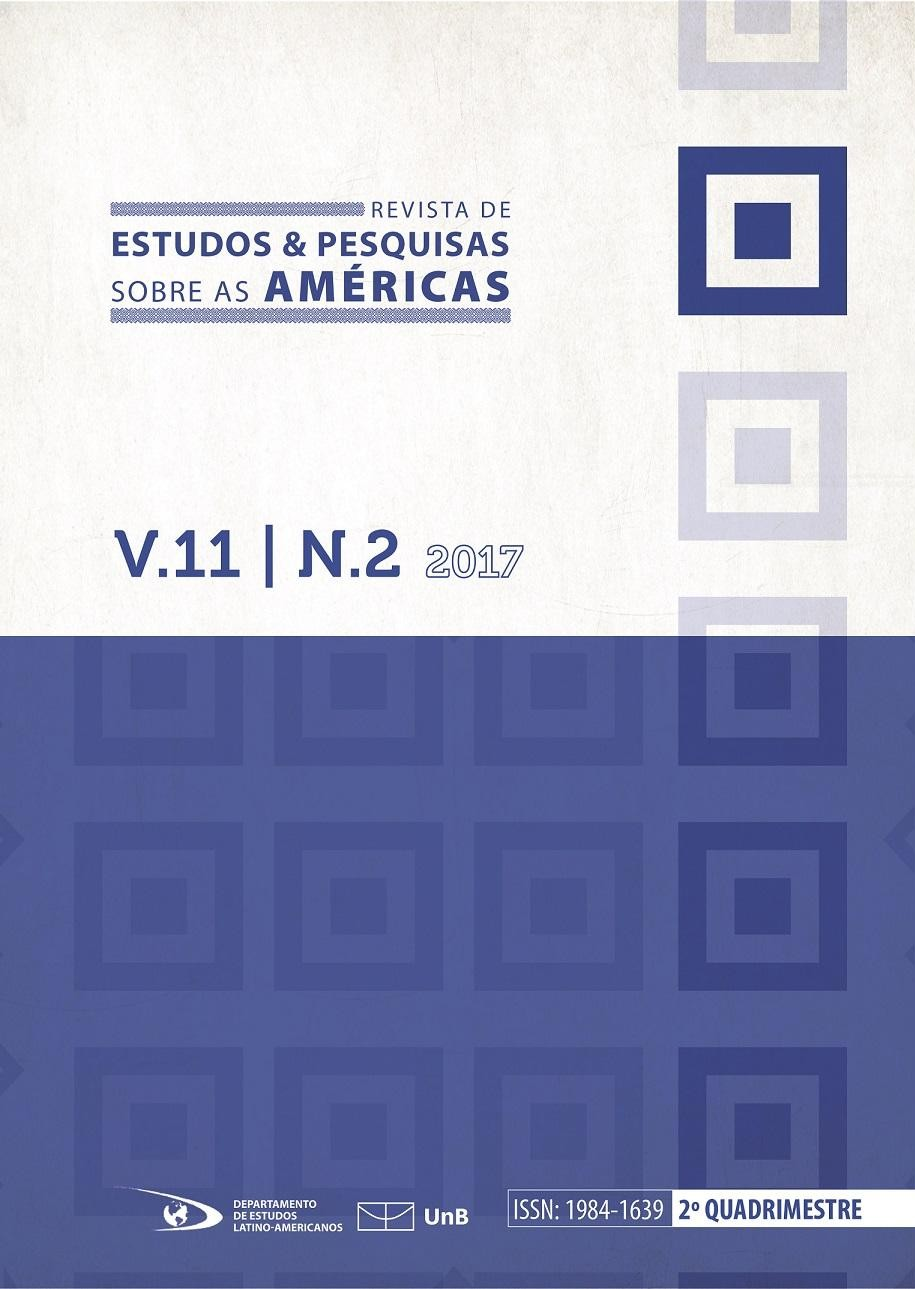El Feminicidio como Violación a los Derechos Humanos: el caso de México desde una perspectiva internacional
Keywords:
ciencias sociales; ciencias políticas; relaciones internacionales; psicología socialAbstract
Partimos de la premisa que el feminicidio es una violación a los derechos humanos ya que las víctimas y familiares no reciben justicia y además son re-victimizadas institucionalmente. Este texto explora los conceptos en donde se encuentra entrampada la definición del feminicidio, lo que hace que no tome la relevancia que tiene. Las cifras muestran aumento en el número de feminicidios, tanto en México como en América Latina, región de las más violentas contra las mujeres. Se explora la cuestión de por qué el feminicidio no es un crimen común y podría o debería considerarse genocidio o crimen de lesa humanidad, aunque como veremos la discusión también se encuentra atrapada en el ámbito jurídico que pretexta límites en la definición y que por supuesto no coadyuva a la solución del problema. Mostraremos la definición de derechos humanos y de la reforma constitucional que en México amplió las obligaciones del Estado para con los derechos humanos, y observamos que, a pesar de la tipificación del feminicidio, éste todavía encuentra muchos problemas para su definición, pero sobre todo para el cumplimiento de las obligaciones del Estado.
Palabras clave: México, feminicidio, genocidio, derechos humanos
Feminicídio como Violação dos Direitos Humanos: o caso do México a partir de uma perspectiva internacional
Reumo
Partimos da premissa de que feminicídio é uma violação dos direitos humanos, pois as vítimas e suas famílias não recebem justiça e eles são re-vitimizadas institucionalmente. Este texto explora os conceitos a que se refere o feminicídio, que não leva em consideração sua relevância. Os números mostram aumento no número de assassinatos de mulheres, tanto no México e na América Latina, uma região das mais violentas contra as mulheres. Exploramos por que o feminicídio não é um crime comum e poderia ou deveria ser considerado genocídio ou crime contra a humanidade. Embora, como veremos, a discussão explora os limites legais, isto não contribui para resolver o problema. Este texto busca mostrar os avanços e limites da reforma constitucional no México que expandiu as obrigações do Estado para criminalizar o feminicídio.
Palavras-chaves: México, Feminicídio, Genocídio, Direitos Humanos
The Feminicide as a Human Rights Violation: The Case of Mexico from an International Perspective
Abstract
We start from the premise that femicide is a violation of human rights since the victims and their families do not receive justice and are also re-victimized institutionally. This text explores the concepts where the definition of femicide is entrapped, which does not take the relevance that it has. The figures show an increase in the number of femicides, both in Mexico and in Latin America, one of the most violent regions against women. It explores the question of why femicide is not a common crime and could or should be considered genocide or crime against humanity, although as we will see the discussion is trapped in the legal area that pretexts limits in the definition and that of course does not contribute to the solution of the problem. We will show the definition of human rights and the constitutional reform that in Mexico took place, that extended the obligations of the State to guarantee human rights, and we note that, despite the definition of femicide, it still has many problems for its characterization, but especially for the fulfillment of the obligations of the State.
Keywords: México, Feminicide, Genocide, Human Rights
Downloads
Published
Issue
Section
License
The published material is the property of the Journal, and may be reproduced in whole or in part with indication of the source.
Copyright: Authors will be responsible for obtaining the copyright of the material used. Authors who publish in this journal agree to the following terms:
a)Authors retain the copyright and grant the journal the right of first publication, with the work simultaneously licensed under
the Creative Commons Attribution License which allows the sharing of work with acknowledgment of authorship and initial publication in this journal.
b) Authors are authorized to take additional contracts separately, for non-exclusive distribution of the version of the work published in this journal (eg, publish in institutional repository or as a book chapter), with acknowledgment of authorship and initial publication in this journal.
c) Authors are allowed and encouraged to publish and distribute their work online (eg in institutional repositories or on their personal page) at any point before or during the editorial process, as this can generate productive changes as well as increase the impact and the citation of the published work (See The Effect of Free Access).
















